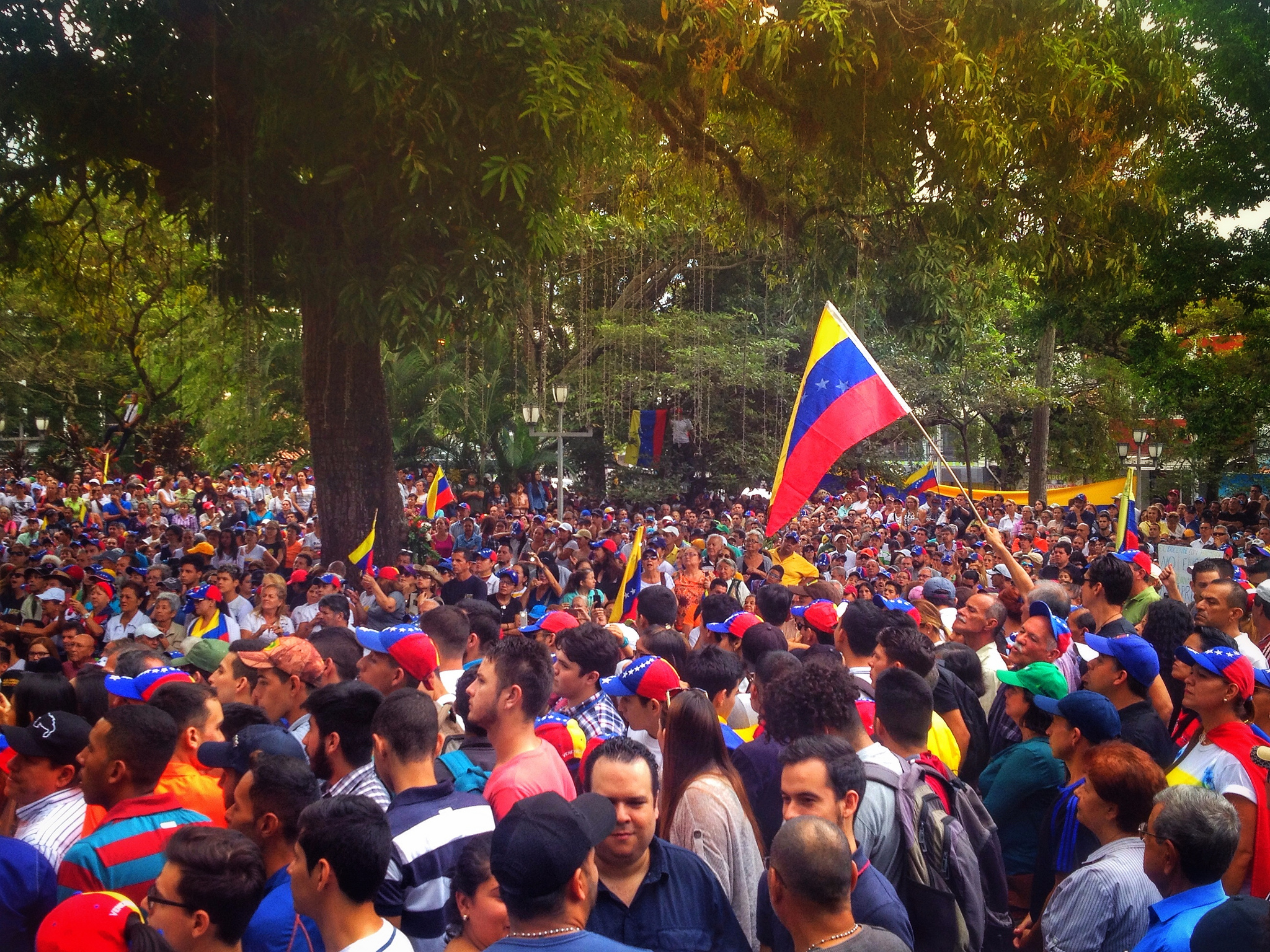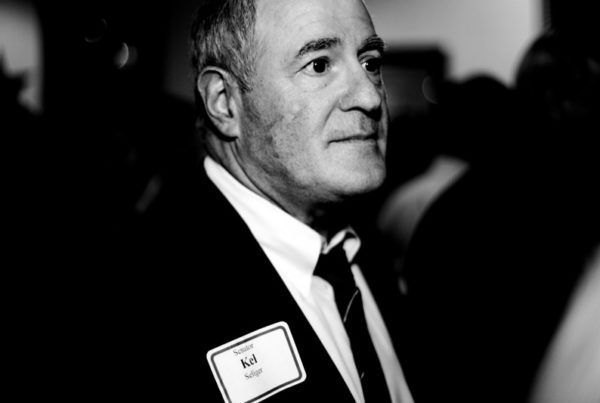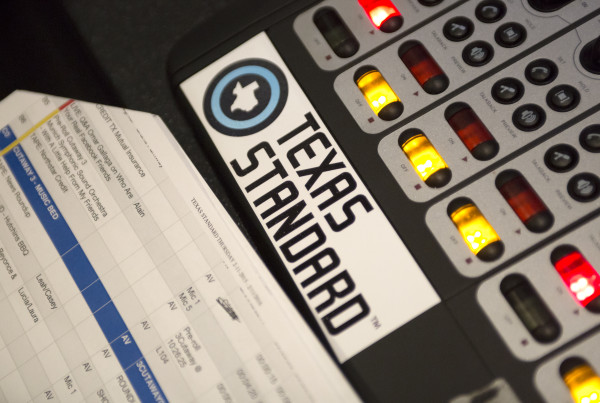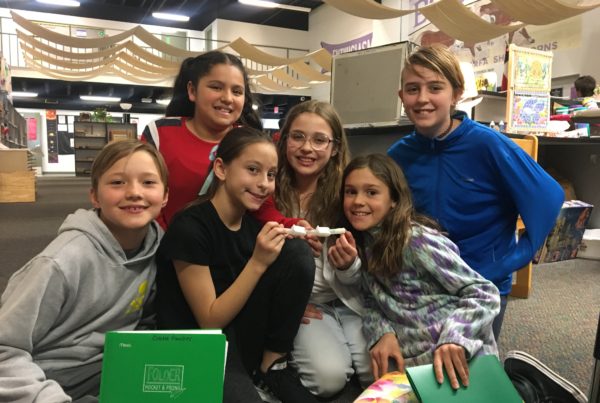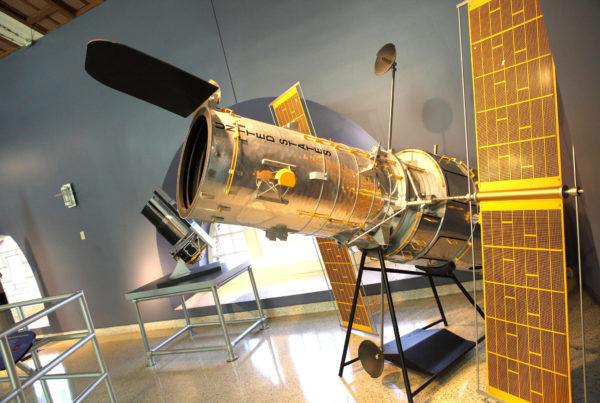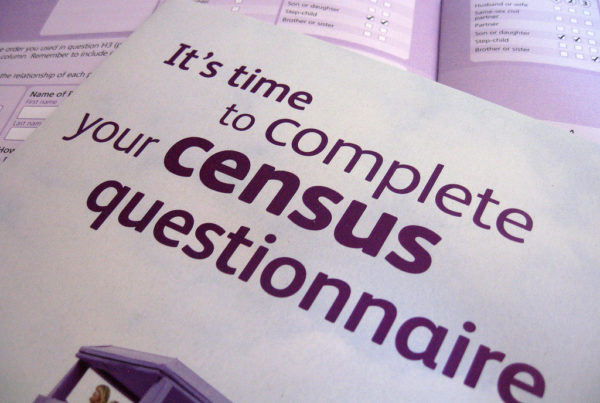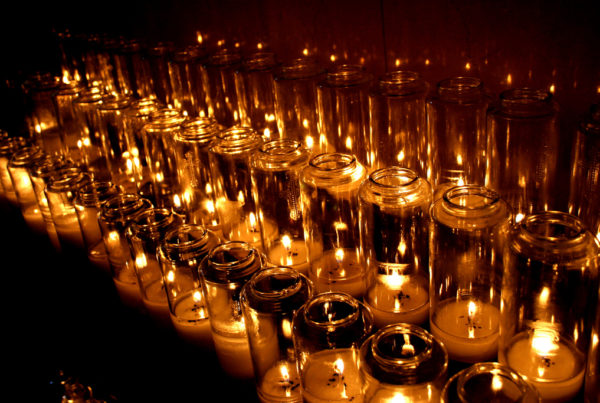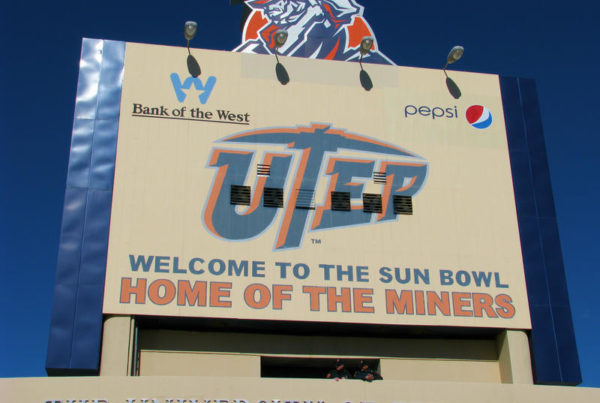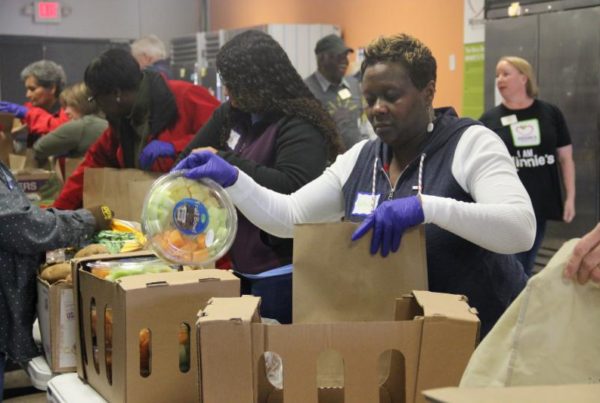It was a scene that looked like something ripped from a newsreel – perhaps Brazil in ’64 or maybe Nicaragua or El Salvador in the ’70s or ’80s. But this happened a couple of days ago at almost 3 a.m. a few miles from the presidential palace in Caracas, Venezuela.
A group of military officers in fatigues carrying automatic rifles took to the streets. Four government officials were kidnapped. A man calling himself “Sergeant Armando Figueroa” began shouting, “You wanted us to light the fuse, so we did. We need your support.” Protesters began to fill the streets and Venezuelan security forces fired tear gas into the crowds and announced they’d put down an uprising led by a group of military officers.
Are we looking at the beginnings of a coup south of our border? Julian Cardenas Garcia is a research assistant professor at the University of Houston Law Center, and a former Venezuelan diplomat. He says controversy over the legitimacy of last year’s presidential election is at the root of the unrest in Venezuela; Nicolás Maduro won re-election after preventing other candidates from challenging him. Last week, President Donald Trump said he was considering recognizing Venezuelan opposition leader Juan Guaidó as the country’s rightful president.
“When you study the current situation in Venezuela, it’s very clear that we’re in front of an international conflict,” Cardenas says. “You have Russia and China supporting their investors in Venezuela, but also supporting the Venezuelan government.”
European Union member countries, Canada and 20 other countries in Central and South America joined the U.S. in objecting to Maduro staying in power.
Cardenas says the ongoing military and governmental crisis in Venezuela could lead more people to leave their country – those who hope to emigrate to safer places, including the United States.
Written by Shelly Brisbin.


